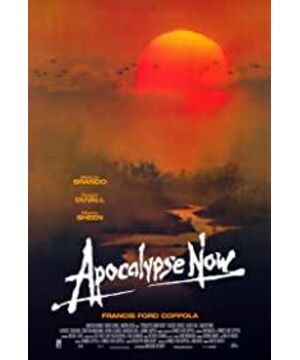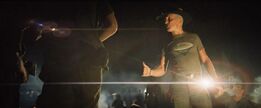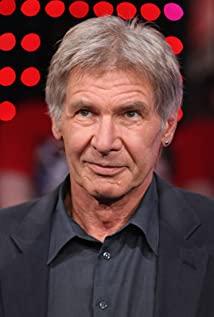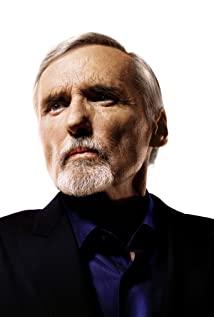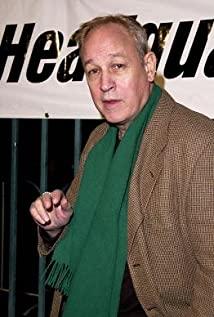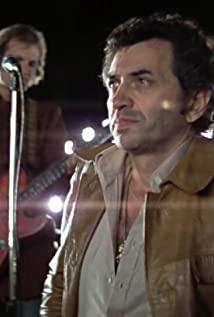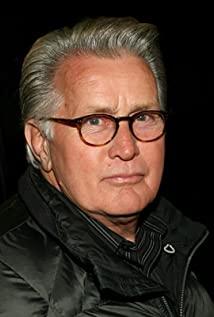"Growth" is the narrative matrix of this film. Searching and adventurous on the road, seeing and discovering, this is the standard growth model. The five people on a patrol boat represent the different mentalities of the soldiers who came to Vietnam to fight. The captain who sails at the helm is a standard soldier. He completely obeys the standards of a soldier and obeys the orders assigned by his superiors. He never neglects his duties. Even a fishing boat that can be completely ignored. Following the instructions, there must be routine inspections, which led to the manslaughter of the entire fishing boat, but in the end he had to save the people killed by them. This hypocritical behavior represents the US military. The image of the captain is what the US military wants. Shaping the image of a standard soldier. The chef is someone who doesn't want to be a soldier at all. His purpose in joining the navy is to have the best food ration here. His dream is to go to chef school and make the best sauces, not to dare not get off the boat with an M16 rifle. He admits that he is a little ghost, and it is his wife who talks about it every day. As a seventeen-year-old child, his heart was completely filled with rock music and her mother. He didn't understand what war was. He represented all the child soldiers who were forced to conscript into the army. At that time, the conscription policies of the U.S. military were not uniform and complete, resulting in many children who did not have the right to drink and vote but were born and died on the battlefield. Lance is the representative of the lost soldier. He was once a famous surfer. After he came to the army, he saw the cavalry colonel who was driving helicopters on the battlefield who forced the soldiers to surf at the risk of their lives. He also encountered the same lost and helpless. Playboy’s playmate, he doesn’t know what war is. In the end he entered the people of Colonel Guhuat and became one of them. Like all the lost soldiers, he chose to escape this way. Captain Willie was also confused. The Vietnam War made him lose his marriage, but he wanted to go home on the battlefield but found that his family no longer accepted him. When he returned to the battlefield, he didn't know why he fought. Seeing that the US military was ridiculous on the battlefield, he began to doubt whether Colonel Guhuat was really wrong. But in the end he got out of the confusion. As a soldier, he killed Colonel Guhuat with his vocation to complete the mission. He killed Guhuat not for the American army, but to complete his mission as a soldier. In the same way, he did so to fulfill Guhuat's equally confused and ambivalent heart.
The five people represent all levels and mentalities of the soldiers. The five tasks in this patrol boat are all soldiers in the Vietnam War. The process of their growth is the process of experiencing war, and what war gives them is only destruction and pain.
Guhuat and Willie are actually the same, but he went farther and chose to fight in seclusion, but in the end, he chose to let Willie end his life and end the contradictions and confusion in his heart.
The voice-over of Captain Willy in the work serves as a clue to connect the plot and emotions. At the beginning of the work, Willie's perplexed and dreamy sound, the electric fan that rotates like a helicopter propeller, and the sunshine of Saigon drawn into the house through the blinds all play a role in setting the tone of the confusion in the work. In the structure of the film, Willie's voice appears as the second line in the narrative. The first main line of the narrative is what the soldiers on the patrol boat experienced and saw. The second line is to highlight Willie's desire to find Colonel Swart. These two lines exist independently and merge with each other. The first main line is actually the inducement of the second narrative context. After seeing a series of unbelievable things on the battlefield, Willie even wanted to see this colonel who had escaped from the confusing and disgusting battlefield, and this man was once so good. When he sees Schwartz, the second line becomes the main line, and the first line of narrative fades away.
"Apocalypse Now" is adapted from "The Heart of Darkness" by British writer Joseph Knard. The process of searching for Schwartz is a journey of worship.
View more about Apocalypse Now reviews


